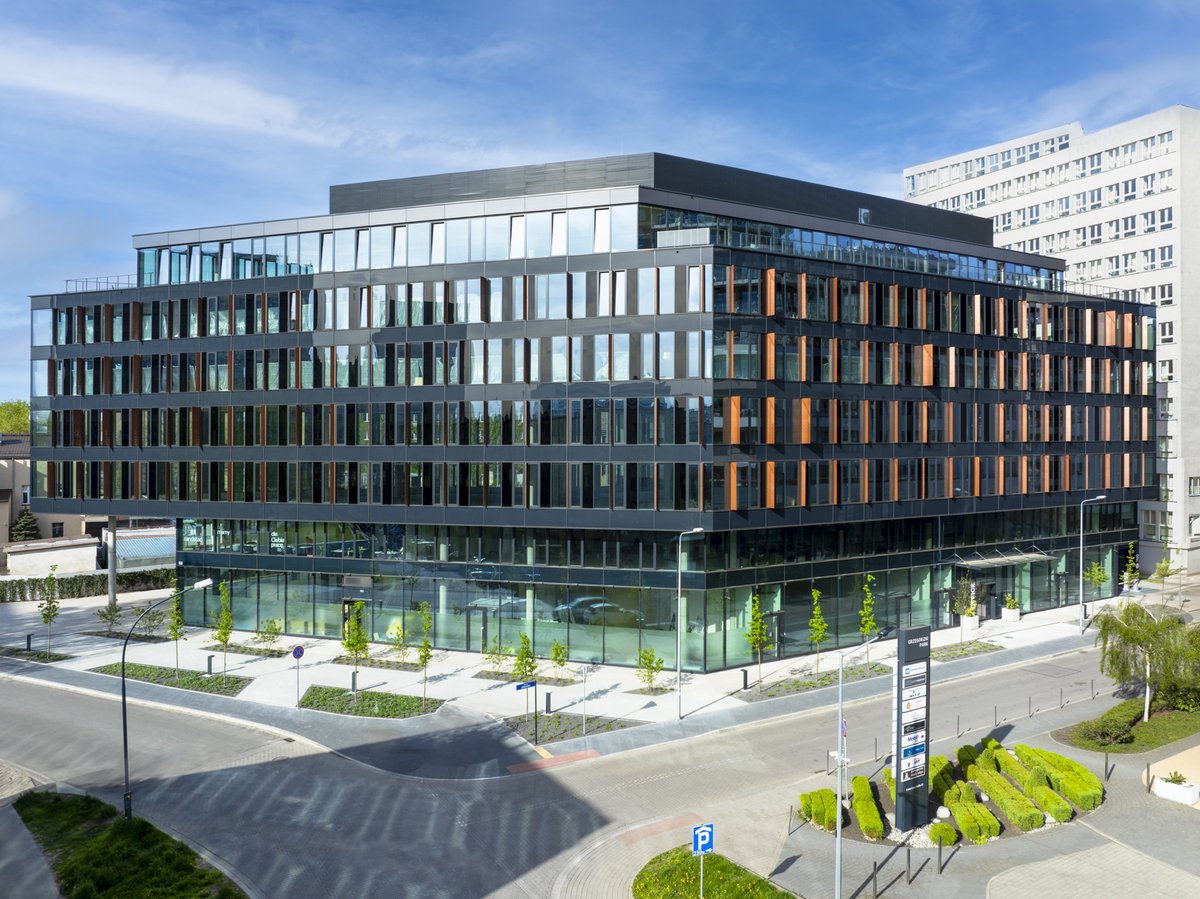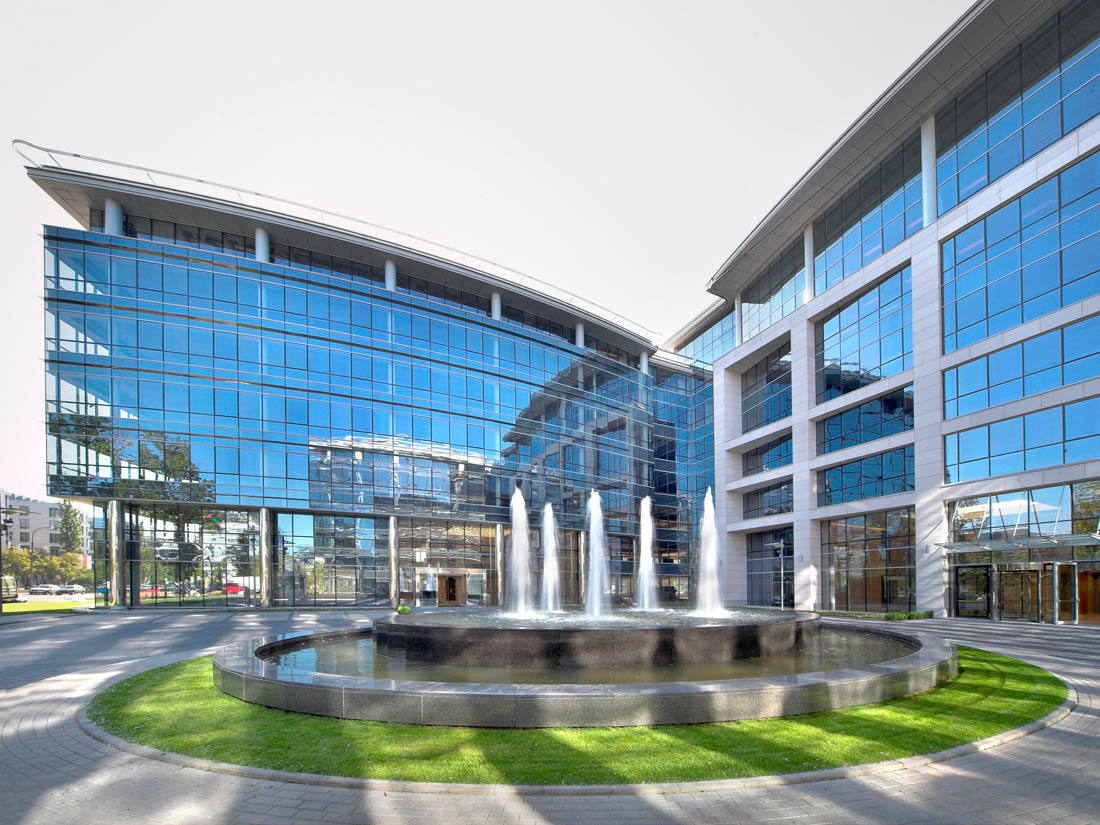Despite significant headwinds across the global economy, the European flexible office market has remained largely resilient throughout 2023, says Workthere.pl. In 2024, the flexible office specialist expects operators to continue to seek best-in-class spaces with a greater focus on amenities and sustainability offerings.
Ed Bouterse, Head of Workthere Europe, comments: “The resilience we have seen in the flexible office market across Europe over the past couple of years has been extraordinary and widely driven by the increased occupier demand for more agile solutions to attract and retain talent. This is reflected in the growing trend where operators are upping the ante when it comes to offering best-in-class spaces with a greater focus on amenities and sustainability offerings. Occupancy levels have remained stable and we have seen larger companies diversifying their portfolios with flex space as they continue to be significant occupiers in the market.”
Thomas Jodar, Associate Director, Savills, Workthere Project Lead Poland, adds: The situation is similar in Poland we have seen a strong resilience in the Polish flex market despite price increases due to higher operational costs. We also observed an increased tenant focus when it comes to ESG and employee well-being. Companies are encouraging employees to come back to the office, that’s why those aspects are crucial for tenants who are looking for well-located offices with certificates confirming the focus on the environment and sustainability. Corporate and medium-sized companies are confirming the trend where the need for flexibility is crucial when it comes to new operations or project spaces for their teams.
Trends in flexible office space for 2024
Best-in-class space
The competition for talent attraction and retention will continue to support an increased demand for best-in-class space with more amenities putting pressure on operators to elevate their offerings. To compete and secure tenants, operators are already implementing standards that go over and above gyms, yoga studios, cafes and outside space, to incorporate amenities resembling those of a five-star hotel such as private chefs and rooftop bars.
Location, location, location
In line with occupiers seeking the best space, they also want to be in the best locations that offer their employees strong transport connections and a full range of amenities. For many markets, this has seen an uptick in activity from flex office operators in prime CBD areas, which we expect to continue. However, a lack of available office space in many European cities, particularly Madrid, Munich and Barcelona which are grappling with low vacancy rates (below 5 percent), will have a significant impact on take-up levels and availability of flex office space.
ESG (Environmental, Social, and Governance)
ESG is becoming increasingly important to both operators and occupiers who are seeking space in buildings with top green credentials. Opportunities, especially for corporates, lie in spaces that not only comply with ESG but are also located in buildings with existing LEED or BREEAM certifications. Flex space will continue to play a unique role in the decarbonisation strategies of corporates through its fundamentals of sharing optimised best-in-class space.
Greater agility and cost control
Insecurity in the macroeconomic market and high capital costs are expected to increase the demand and interest in the flexible office sector. Several companies are diversifying their portfolio with more flexible solutions to reflect the agility needed to navigate this continued period of uncertainty. Post-Covid-19, some larger companies have downsized their office footprint to facilitate hybrid working, reducing capital expenses while using flexible office space to diversify their portfolios.
Delivering profitability via ancillary income opportunities
Rising operational costs have put pressure on profit margins for many operators over the past two years, and whilst we have seen desk prices rise at the premium end of the market in most European Cities, it has been more challenging at the budget end of the market. As such, we expect operators to have a real focus on driving profitability in 2024 by looking at where else they can grow margin beyond just desk rates and looking at their ancillary income, be it more meeting room and events sales, driving co-working desk sales or upselling of technology packages to customers.







